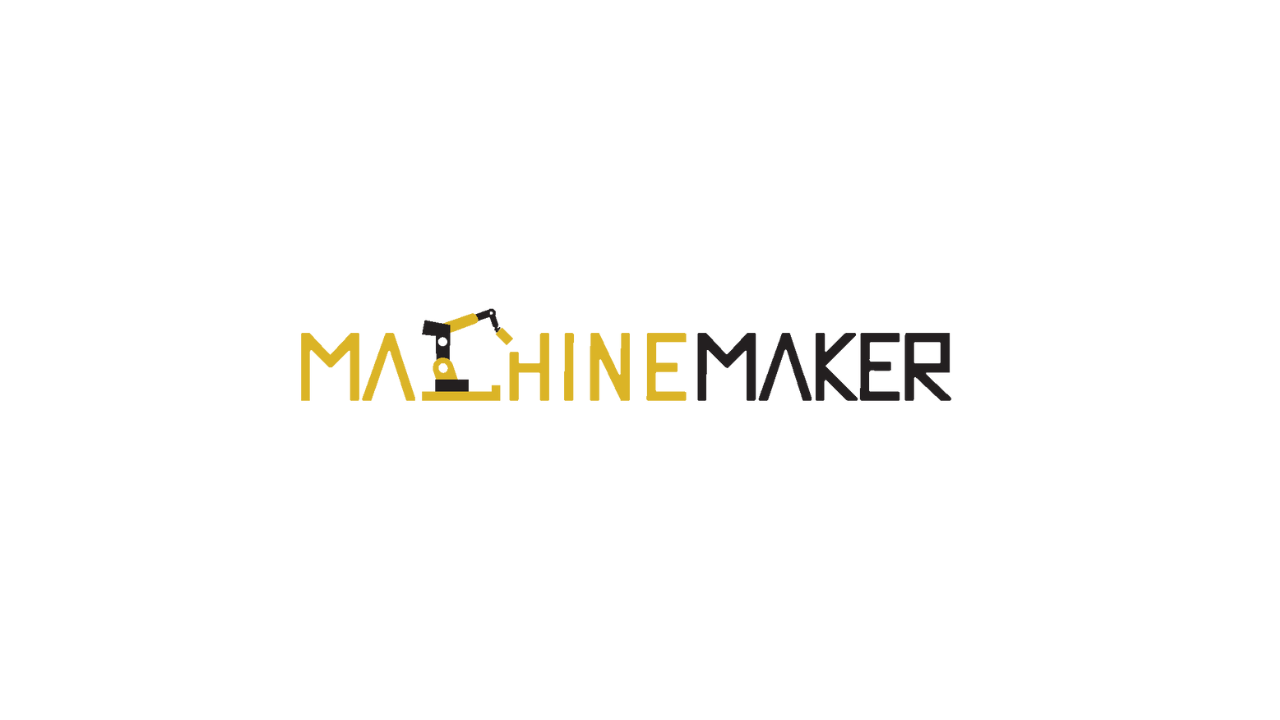- CoronaOven uses UV-C light technology and disinfects any surfaces and objects surfaces of products including masks, PPE kits, tools, groceries, mobile phones, wallet etc.
- CoronaOven can neutralize COVID-19 and other pathogens within 10 minutes
- Remarkably, CoronaOven has been installed at French President Emmanuel Macron's residence
India witnessed numerous innovations recently, now call it an outcome of a pandemic or a realization of industrial potential in every sense, it justifies that necessity is the mother of invention. For almost two months the country was in a state of inactivity and if anything was active it was COVID-19 cases. The suffering gave birth to equipment necessary to sustain in the current times. Tushar Patel, Managing Director of Xexagon, engaged in a conversation with the Machine Maker to talk about their recent innovation that brings us one step closer to be internationally independent.
Xexagon has come up with two kinds of contact-free sanitizer dispensers; automatic and manual. The manual device is a stand that is foot-operated and doesn’t need power supply whereas the automatic one needs to be fixed against a wall, and is a sensor-enabled machine with sensors at its base which would make the machine automatically dispense sanitizer in presence of a hand below.
While the nation was stuck, they had no option but to suspend their core business and think of a way to help the country fight.
Breaking the chain
Patel noticed that the usual process of sanitization involved continuous contact, doing nothing but adding to the risk of contamination. And with the increasing workplace risks and the idea that one day everyone will be returning to work and when they do they need to be convinced about their safety he in liaison with his friend who has a company making RO machines came with a device that would use a similar technology that goes behind RO machines by adding sensors at the base. He started working from 2 April and was ready with the product by 10 April, within mere 8 days he managed to develop and execute his idea into sensor-enabled sanitizer dispensers simply inspired by RO machines.
Future prospects
Although products that are born out of a current outbreak of a natural thing is what you call a temporary market, but according to Tushar, even though his product might have a short-term demand, he is looking at another year or two where the horrors of COVID-19 will haunt us and this will make the product live longer than any other short-term innovations. Further, he also plans to find alternative options where similar devices can be used as a soap and gel dispenser. Therefore, he plans to use the opportunity of his production to develop and expand his product range.
Maker’s ideology
When asked about how profitable the product has been so far, Patel rather gave one of the greatest ideas behind a great businessman. He expressed that profit and loss is secondary for him over human values. He wishes to keep his countrymen safe even if it means for him to sometimes trade on a no-profit no-loss basis.
Times of adversity either make a person weak or strong enough to support and uplift the weak.
Patel stepped in as a great source of inspiration by not only promoting make in India but also creating a bigger impact on the society. He insisted his regular customers to install his product, permitting for payments after use proving that the time demands help and people to opt for precaution before thinking of profits. The product has been supplied to big companies like Hitachi and various hospitals and temples. If the rate at which the manufacturers in India are operating to develop indigenous machinery continues, we will soon be looking at a self-dependent country and one of the biggest global exporters.
For more details visit, http://www.xexagon.co.in/







